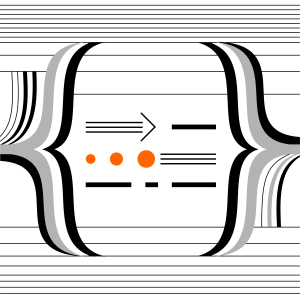How to Increase Crop Production Sustainably
Are you struggling with low crop yield? Looking for sustainable ways to boost your production? Let's explore how!
With the global population set to reach nearly 10 billion by 2050, the demand for food is expected to increase significantly. Consequently, the pressure is mounting on farmers and agricultural businesses to increase crop production. However, this increase must be achieved sustainably to protect our environment and ensure future food security. This is where the challenge lies: how can we increase crop production without exhausting our natural resources or causing environmental harm?
Understanding Sustainable Agriculture
Sustainable agriculture is a method of farming that aims to meet the needs of the present without compromising the ability of future generations to meet their own needs. It focuses on long-term crop productivity and profitability while preserving the environment. It’s not just about growing more crops; it’s about growing crops better. Think of it as the tortoise in the "Tortoise and the Hare" story: slow, steady, and eventually victorious, without any unnecessary exhaustion.
Strategies to Increase Crop Production Sustainably
Increasing crop production sustainably requires a combination of traditional farming wisdom and modern agricultural technology. Here are some strategies that can help:
- Use of High-Yielding Crop Varieties: Utilizing high-yielding and disease-resistant crop varieties can significantly increase crop production. However, it must be combined with proper crop management to ensure sustainability.
- Efficient Water Management: Over-irrigation can lead to water wastage and soil degradation. Efficient water management, such as drip irrigation and rainwater harvesting, can increase crop yield while preserving water resources.
- Integrated Pest Management: Instead of relying solely on chemical pesticides, integrated pest management combines biological, cultural, and chemical methods to control pests. It’s like assembling a team of superheroes, each with their unique powers, to combat the villains (pests) threatening your crops.
- Soil Conservation: Healthy soil is crucial for sustainable crop production. Practices like crop rotation, cover cropping, and organic fertilization can improve soil health and fertility.
Role of Technology in Sustainable Crop Production
Technology plays a crucial role in sustainable agriculture. Precision farming techniques, for example, can optimize the use of fertilizers and water, reducing waste and environmental impact. Drones can monitor crop health and identify issues early on, like a watchful guardian angel for your fields. Digital tools can provide farmers with valuable data and insights, helping them make informed decisions. It's like giving farmers a crystal ball to foresee and manage potential problems.
In conclusion, increasing crop production sustainably is not just a necessity, but also a responsibility towards our planet and future generations. It may seem like a daunting task, but with the right strategies and technologies, it's entirely achievable. Remember, every small step counts. So, let's start taking those steps today and make a difference for tomorrow. Because as they say, Rome wasn't built in a day, and neither is sustainable agriculture.





